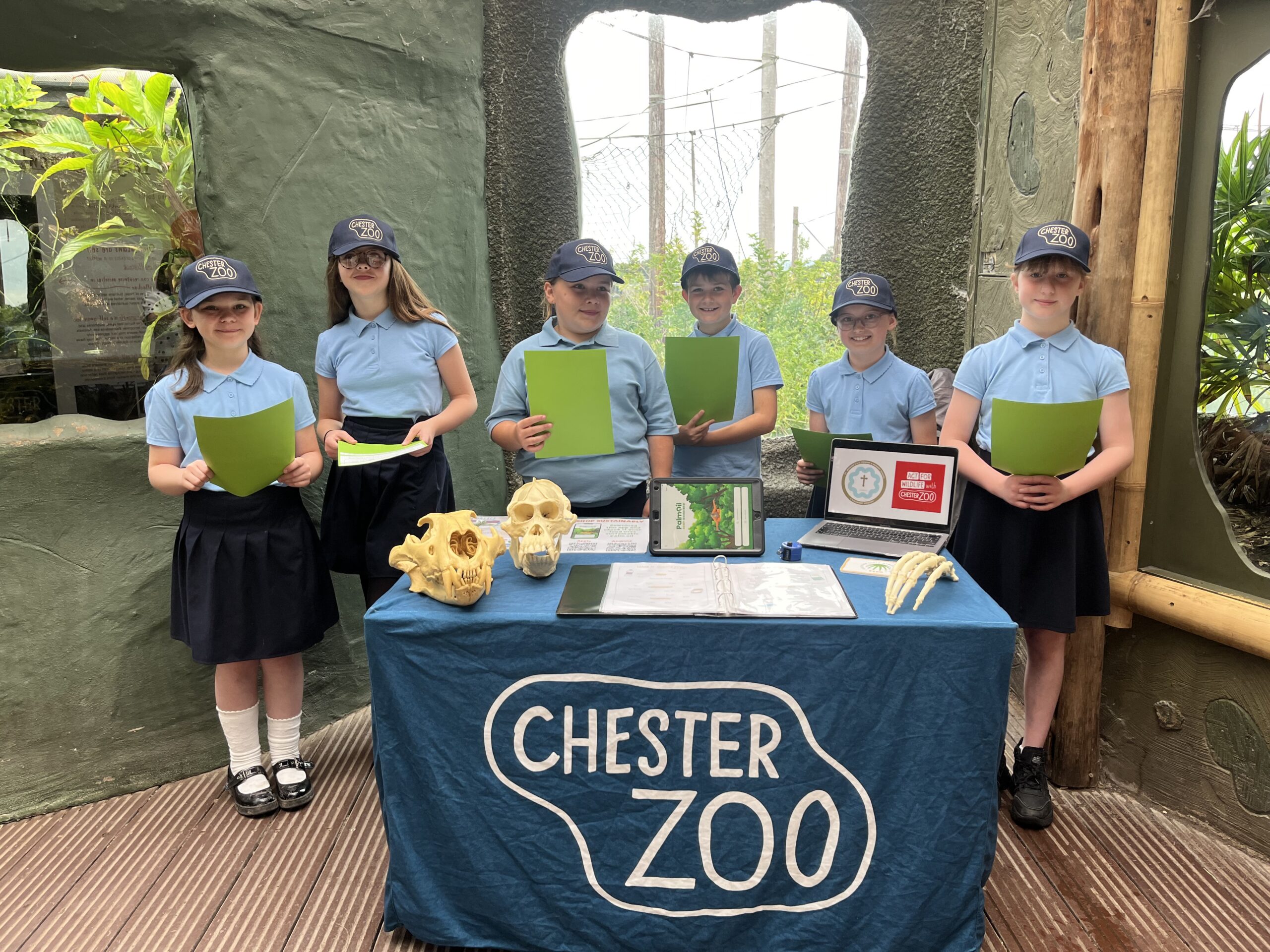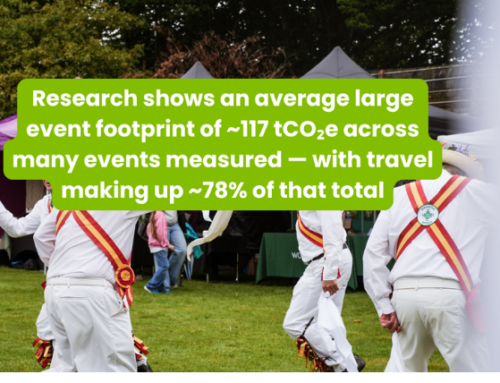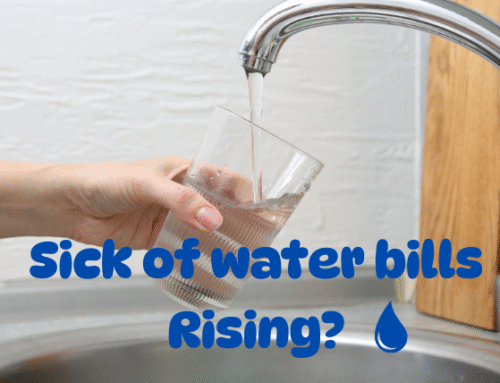
Helen Tandy, Founding Director.
As the climate crisis intensifies, its consequences stretch far beyond melting glaciers and rising sea levels. They touch our communities, our families, and most intimately, our children and young adults, those with the most to lose and the most to gain. For me, this journey began with my son Matthew, who’s now 28. Becoming a parent sparked a deeper concern about the future he, and now millions of other young people, are inheriting. While progress can feel slow, and yes, there are days I feel disheartened, I’ve also seen hopeful change growing in unexpected places.
This article was inspired by two conversations. One came from passionate posts in our Eco Communities Steering Group WhatsApp chat. The other, from my husband Rob. Over the years, Rob has watched me spend nearly all my free time working on climate-related initiatives. He’s gradually come on board himself, starting to cycle to work and joining our community litter picks. One day he came home and reflected on how many young people walk around plugged into headphones and focused on their phones, missing the beauty of the world around them. “They’re missing the birds, the trees, the sounds of nature,” he said.
That conversation stayed with me. We’d just returned from a weekend in Llanberis, cycling, walking, and sitting outdoors with a cup of tea, listening to birdsong. Reconnecting with nature reminded us how healing it can be, not just for the planet, but for us too.
How Climate Change Affects Young Lives
1. Physical Health Impacts
The changing climate is impacting young people’s health in multiple ways:
-
Heat and Air Quality: Heatwaves are becoming more frequent and severe. Children, infants, and even young adults are more vulnerable to heat-related illnesses and respiratory issues, especially with increased air pollution.
-
Disease Spread: With warmer temperatures, the reach of mosquitoes carrying dengue, malaria, and other illnesses has expanded, posing a greater threat to health.
-
Nutrition and Food Security: Droughts, floods, and failed harvests mean food insecurity is rising. Malnutrition in early life can have lifelong consequences, but it also affects teens and young adults, especially those already facing social or economic inequalities.
2. Mental and Emotional Wellbeing
More than ever, young people are expressing concern about the future:
-
Eco-Anxiety: The emotional toll of climate change is real. Many young people report feeling overwhelmed, helpless, and even hesitant to plan for the future, including having children of their own.
-
Disaster Trauma: Experiencing wildfires, floods, or displacement can cause long-term mental health effects such as anxiety, depression, or PTSD. And it’s not just in far-off places, it’s happening closer to home too.
3. Education and Social Stability
Environmental changes also have ripple effects on education and social wellbeing:
-
Displacement: Climate migration is disrupting lives and communities. Children and young adults uprooted by floods or droughts often lose access to school, friends, and mental health support.
-
Economic Strain: Many families face rising costs and job insecurity due to climate-related damage, making it harder to access essentials like healthcare or education.
The Role of Technology and the Nature Disconnect

In a world where screens are ever-present, many children and young adults are spending less time outside than ever before. Studies have shown that young people spend an average of 6 to 9 hours a day on digital devices, often indoors, detached from their natural environment. While technology can connect and educate, it can also isolate. Overuse of screens is linked to reduced physical activity, increased stress, and a growing sense of disconnection from the natural world.
This makes it even more urgent to support children and young adults in rediscovering the outdoors. Nature offers something that screens can’t, a chance to slow down, be present, and notice the small details—t he rustling of leaves, the calls of birds, the feeling of soil underfoot. Encouraging young people to take “tech breaks,” walk without headphones, and engage their senses can promote both mental wellness and environmental awareness.
he rustling of leaves, the calls of birds, the feeling of soil underfoot. Encouraging young people to take “tech breaks,” walk without headphones, and engage their senses can promote both mental wellness and environmental awareness.
Simple activities like planting a garden, going for a mindful walk, or joining a local clean-up can spark a lifelong connection with nature. And often, these moments open up space for conversation, reflection, and joy.
Finding Hope and Building Resilience
Amid these challenges, there is light. Every step we take, individually or as a community, can make a difference.
Nature as a Healer
As Rob and I experienced in Llanberis, time in nature is more than relaxing, it helps us re-ground. Whether young or old, spending time in a forest, listening to birdsong, or getting hands-on in a garden can ease anxiety and foster connection. Even litter-picking can become an act of mindfulness and empowerment.
Empowering Young Voices
We must do more than protect children and young people, we must include them:
-
Climate Education: Schools have a powerful role to play. By embedding climate literacy into the curriculum, we empower the next generation with the tools they need to act.
-
Youth-Led Change: From Greta Thunberg to local eco-groups, young people are already leading. They deserve a seat at the table, especially when decisions affect their future.
-
Community Connection: Creating local networks like our Eco Communities group builds a shared sense of purpose. It’s encouraging to see young people getting involved, not just in protest, but in positive action.
Small Steps, Big Impact
Change doesn’t have to be overwhelming. Whether it’s cycling to work like Rob, switching to reusable packaging, planting trees, or simply noticing and appreciating the natural world more often, every action matters. Every conversation helps.
Choosing Hope
While the challenges we face are real, so is our capacity for resilience, care, and community. As we work to address the climate crisis, we must hold space for both concern and optimism. Let’s support our children and young adults not only by protecting them, but by walking beside them, listening to them, and learning from them.
Emily Reid is not only one of our Directors at Eco Communities but also Assistant Headteacher and Creativity Collaborative Lead for St Bernard’s RC Primary School in Ellesmere Port.
Creativity Collaborative Lead for St Bernard’s RC Primary School in Ellesmere Port.
They have been awarded the ‘Creative Thinking in Education for Climate Action Award’ from the Global Institute of Creative Thinking. We have lots of schools making a difference – read more on the word they completed for this prestegious accolate HERE




